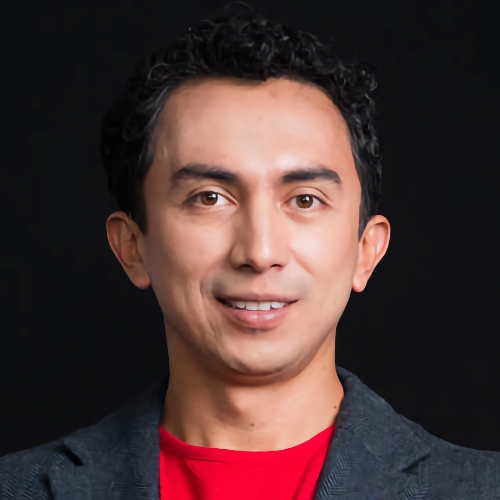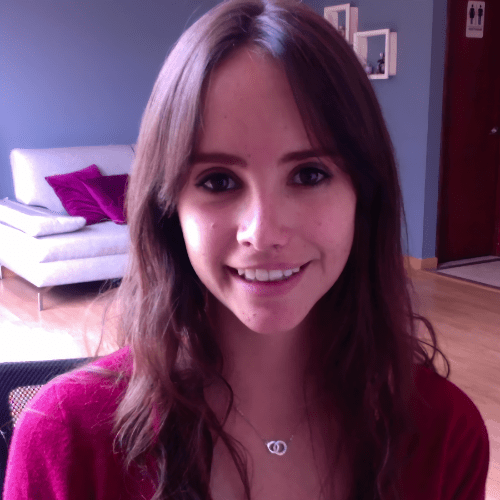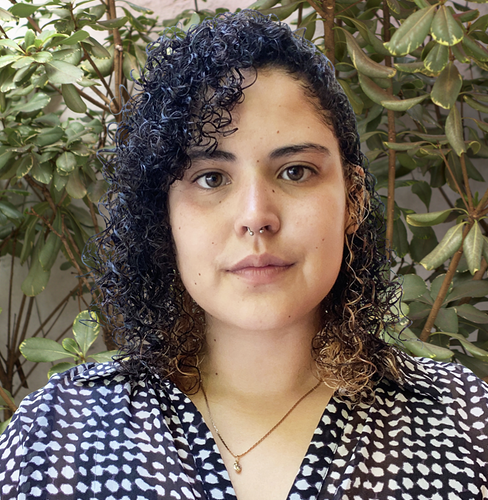Insights
Will you ask your child to tell someone else you are homeless?
2 min read. Camilo Nova
Camilo Nova
Camilo Nova
CEOHomelessness is a big problem but also a great opportunity.
Not many people can tell a great turnaround story like John Paul Dejoria. One of the most exciting men who live in Austin likes to tell his story of how from being homeless, he could turn out to become a billionaire. It's just fascinating seeing people overcome a difficult situation.
Austin has become very familiar with homelessness, and you tend to get used to it. It becomes so familiar that you think it is normal when it is not. Ignorance makes us believe people get there by substance abuse or because they want it. We are clearly wrong.
There is a particular case of mothers and their children going through a homelessness situation, nothing to do with drugs or because they wanted it. However, problems like domestic violence or lack of money to pay rent could make a single mother find herself in the situation of not having a place to live.
Saint Louise House helps those mothers in need. They provide housing, food, and job opportunities so they can get back on their feet.
As humans, we don't like to ask for help. Think how hard it will be for a mom with kids to recognize herself as homeless and reach out for help. Now think about what happens if this person doesn't even know how to talk in English. Quite a good amount of them only speak Spanish and communicate in English through their kids, who serve as translators for their moms.
Just imagine how painful it is for a mother to ask one of their children to translate that they don't have a place to sleep or eat for dinner. The language barrier could be way higher than the wall at the border. We don't know how high.
Robin, who has been working at Saint Louise House for a long time, reach out to Axiacore, a software company looking for ways to address this problem no one else is working on. Her leadership and story inspired our team to build technology with our people-first approach.
We team up to build a digital solution where they can communicate with the moms they are helping. The software uses an AI engine to do context-aware translations, so the mom sees everything in Spanish. She can read and write in Spanish, and the staff at the non-profit read and write everything in English. The software does all the translation for them, making it very easy for their daily interaction.
Considering that most of the software in the market was built for English-speaking people, here is the first custom-made software built by understanding the people they serve. In this case, they only read and write in Spanish, and confidentiality is priority number one.
This custom software was the first step in giving more tools by innovating on product design for the people, so they can get back on their feet and be inspired by stories like John Paul Dejoria.
Written by Camilo Nova
 Camilo Nova
Camilo Nova
Axiacore CEO. Camilo writes on the intersection of technology, design, and business.

